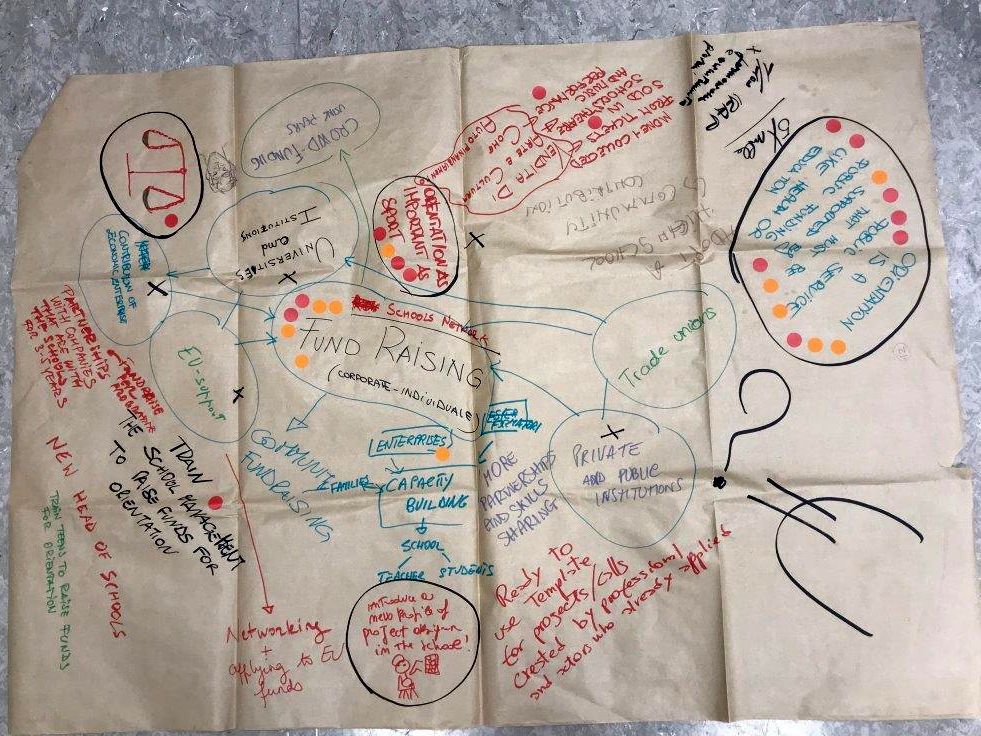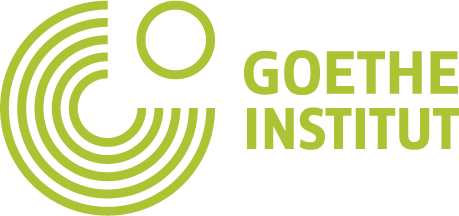In March, the Mercator Foundation approved funding for the StartNet network for a second three-year project period in Italy and in Europe. The StartNet project - ‘Network for the transition from education to work’ will continue to operate in its Italian and European regional context. The current situation in Italy and Europe suggests that young people may be particularly hard hit by the economic crisis created by the current health emergency, especially in southern Europe. Many of them will enter the labour market at a time when companies and institutions will have fewer resources to invest in them. Young people also make up the majority of workers employed in services and jobs with precarious contractual conditions that are among the first sectors affected by the COVID-19 crisis (as maintained by the International Labour Organization). In this context, the renewal of StartNet's mandate for a further three years represents an opportunity for young people in Southern Italy as in other European regions.
Why a second phase?
StartNet Italy wants to put in place the foundations for a regional and institutionalised structure for the transition from school to work in Apulia and Basilicata. The goal of the network continues to be to improve the passage from the school system to the labour market in regions with high levels of youth unemployment. The StartNet partnership will consolidate the work already done in these fields: vertical career guidance from primary schools to placement, partnership between business and the school system, entrepreneurship training, prevention of early school leaving and the NEET condition. Programmes that support the entry of young people into work under decent conditions are indispensable at a time of both economic crisis and school closures caused by the current health emergency.
What started out as a pilot project can today boast concrete results: a solid multi-stakeholder network, the career guidance toolkit with projects and tools for career guidance and entrepreneurship training as well as capacity building events that have all together reached many beneficiaries. About 10,000 students (from primary school through to secondary school) were involved in at least one of our initiatives together with over 500 teachers, 50 companies and indirectly 200 parents.
StartNet Europe has grown to be an established and motivated network of partners active in different areas of the transition from education to work, and is continuing to strengthen its function as a platform for dialogue, exchange and advocacy. At a time that puts the sense of belonging to the European Union to the test, StartNet offers an important opportunity for cooperation between European members and participation in the European project. Moreover, the recently re-elected European Commission is in a delicate period of negotiation and revaluation of EU funding dedicated to young people (Garanzia Giovani, European Social Fund, Erasmus, etc.), with StartNet Europe being able to bring requests and good practices of the partners involved in the transition from education to work to EU institutions.
Next steps
StartNet has placed new focus on a greater participation of young people in activities and decision-making processes, and on the intensification of collaboration in Italy with Basilicata, with new partners such as employment agencies, universities, parent representatives and with stakeholders from other regions. New areas of action will be identified according to the needs that have risen in recent years in the context of the transition from education to work, for example the role of digitalisation in the work environment.
From September a backbone office in Apulia will be operational together with a local project coordinator. The StartNet Italy office (the so-called backbone office) will continue to collaborate and coordinate the StartNet network in Apulia and Basilicata as a social enterprise.
StartNet Europe will develop in two new directions. The first, being geographical, will see StartNet Europe expand the network with new partners (e.g. from Central Europe), while in terms of topics, aspects such as the future of work, digitalisation and equal access to digital skills will be explored. Together with different players in the European network, StartNet Europe is developing and supporting proposals for European projects. A recently submitted proposal, for example, addresses the challenge of career guidance and promoting empowerment of young people in the 12-14 year age group.
The Board of Directors of the Mercator Foundation has confirmed that the second project period will start on 1st June, with a clear desire not to leave projects suspended without continuity and sustainability over time, thanks also to the report provided by external evaluators. We are happy to be able to continue together with our partners on the path that will lead young people in Europe, and in particular in Southern Italy, to become pro-active citizens and an integral part of the world of work.







